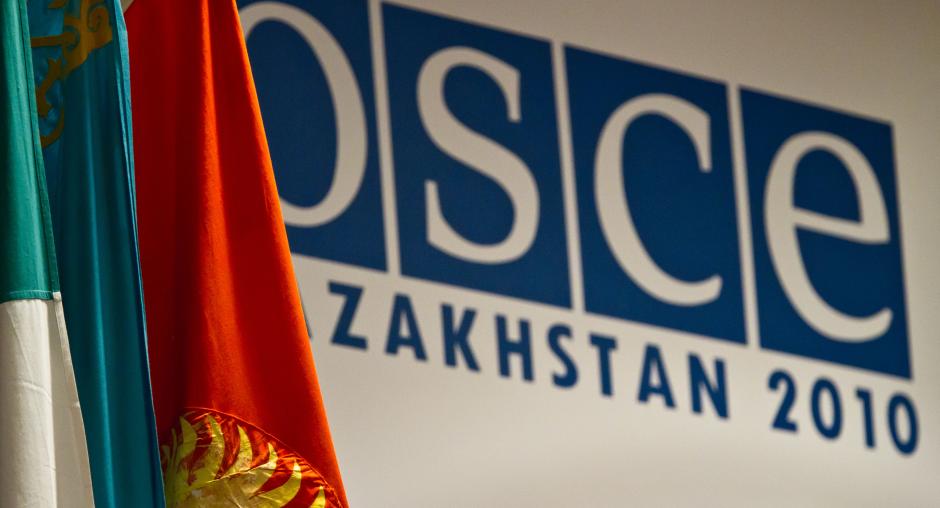OSCE participating States launch preparations for Summit with review of commitments

WARSAW, 30 September 2010 - Formal preparations for the first OSCE Summit in 11 years began today with representatives from OSCE participating States gathering in Warsaw to review how countries are fulfilling the commitments they have undertaken as part of the Organization.
The 17-day Review Conference takes place through October and November in Warsaw, Vienna and Astana, the capital of Kazakhstan, which holds the 2010 OSCE Chairmanship. The Conference serves to prepare for the OSCE Summit, to be held 1-2 December in Astana.
Konstantin Zhigalov, Kazakhstan's Deputy Foreign Minister and the Special Envoy of the OSCE Chairperson-in-Office, told the opening plenary session that much had been achieved since the signing of the 1975 Helsinki Final Act.
"People living in the OSCE area enjoy more open political and economic systems, and politico-military tension no longer dominates our lives as it did at the start of the Helsinki process," he said.
"Unfortunately, however, the principles of the Helsinki Final Act and OSCE commitments are not fully respected and implemented today. The use of force has not ceased to be considered an option for settling disputes and the danger of conflicts between States has not been eliminated. Transnational threats pose a real danger and many conflicts remain unresolved. There is a stalemate in the conventional arms control process."
The President of the Parliamentary Assembly, Petros Efthymiou, said the purpose of the Review Conference could "be summarized in a single question: Are our governments sticking to the commitments they made to other OSCE participating States, and to all of us, as citizens?"
The Warsaw segment of the Review Conference will look at commitments in the human dimension, such as respecting human rights, governing democratically and promoting tolerance before ending on 8 October. In Vienna from 18-26 October, participants will review commitments in the politico-military dimension, such as promoting transparency and co-operation, and in the economic-environmental dimension, such as promoting sound economic and environmental governance. The Astana segment, to be held from 26-28 November, will again focus on the human dimension.
The OSCE Secretary General, Marc Perrin de Brichambaut, said that the OSCE model of governance was successful but required constant attention: "To fulfill the ambitions that remain at its heart, the OSCE depends on the continuous engagement of each of the participating States and their political good will. It is a living project that is constantly refined, on the basis of equality and in the spirit of co-operative security."
Grazyna Bernatowicz, Polish Under-Secretary of State, said that the work to be carried out during the Review Conference meant that the Astana Summit would have the potential to be a "milestone in the process of restoring mutual confidence between states, consolidating the Organization's credibility and energizing its operations."
Some 400 non-governmental organizations are taking part in the Review Conference. They have full access to working sessions and can discuss challenges with government representatives on an equal footing.
The agenda, daily updates, interviews with participants and short summaries of events in English and Russian as well as other information are available on the conference website: //www.osce.org/conferences/revcon_1_2010.html
